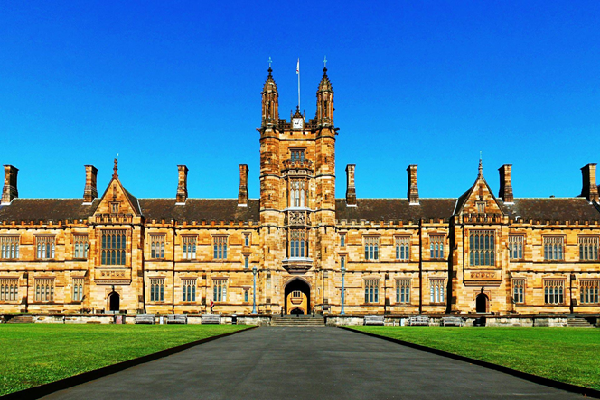University of Sydney: Very high doses of cannabis component CBD don’t affect driving
Millions of consumers and patients around the world will be heartened by the results of the latest study on cannabis and driving. The University of Sydney-led research finds that 1500mg, the highest daily medicinal dose of cannabidiol (CBD), has no impact on people’s driving or cognitive abilities.
CBD is a cannabis component widely used for medical as well as ‘wellness’ purposes, such as to induce sleep or boost energy. It is often consumed orally, in oil form.
Most countries, including Australia, allow people to drive while on CBD. In NSW, for example, it is legal provided a driver is not ‘impaired’ due to fatigue and/or lowered blood pressure. The present study shows, contraindications aside, that even at the highest medicinal dose of 1500mg, CBD does not cause impairment.
“Though CBD is generally considered ‘non-intoxicating’, its effects on safety-sensitive tasks are still being established,” said lead author Dr Danielle McCartney, from the University’s Lambert Initiative for Cannabinoid Therapeutics. “Our study is the first to confirm that, when consumed on its own, CBD is driver-safe.”
Unlike THC, a cannabis component that can induce sedation, euphoria (a ‘high’) and impairment, CBD does not appear to intoxicate people. Instead, it has been reported to have calming and pain relief effects Koi CBD.
Peak concentrations of CBD in a person’s blood plasma are usually attained within three to four hours after taking it orally, although individual responses vary.
CBD use is increasing in Western nations, with recent University of Sydney research showing that around 55,000 requests to access medicinal CBD have been approved in Australia since 2016. It is most commonly prescribed for pain, sleep disorders and anxiety.

